Synopsis
A fun, engaging and relevant programme, inspiring the viewer to consider the science within and how scientific process can be used to test ideas and develop theories, rather than just looking for a given answer to a known question. Aimed at Key Stage 4, but can also be used by teachers and pupils at Key Stage 3 and beyond Key Stage 4.
- Programme: I-Science
- Channel: BBC Two
- Broadcast year: 2009
- Science
Licence: ERA Licence required
UK only
Staff and students of licensed education establishments only
Cannot be adapted
Add Notes
More clips from I-Science
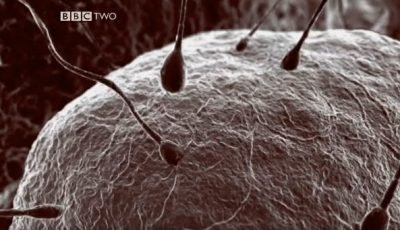
Cell division | i-Science
Cell division | i-Science
What is the role of mitosis and meiosis in the human body?
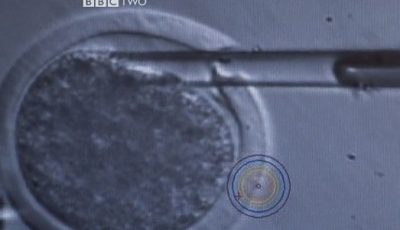
Clones | i-Science
Clones | i-Science
Daphne and Barbara are so similar because they are clones, two people who have exactly the same genetic makeup. When their mother was pregnant, her fertil...
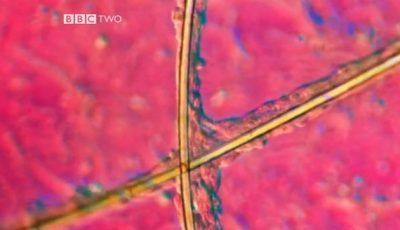
Embryonic stem cells | i-Science
Embryonic stem cells | i-Science
Stem cell research raises ethical issues, which makes some people uncomfortable about it, in spite of the potential benefits.
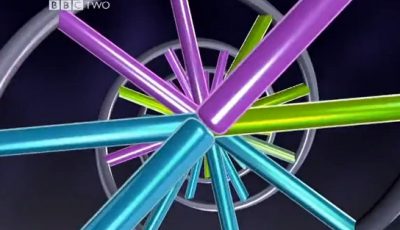
Gene therapy for cystic fibrosis | i-Science
Gene therapy for cystic fibrosis | i-Science
Spec references J247: B6.3l J250: B6.3i. An example of a genetic disease, cystic fibrosis. Someone sharing their experiences of ...
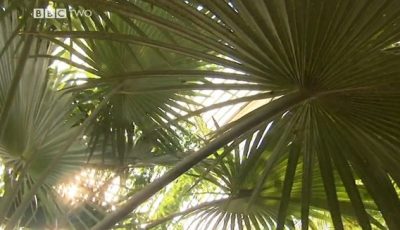
Rate of photosynthesis | i-Science
Rate of photosynthesis | i-Science
Photosynthesis is the chemical reaction through which plants make glucose and oxygen. It is crucial to all life on Earth because it is the...
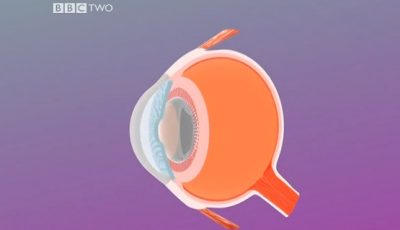
The eye | i-Science
The eye | i-Science
Specialist eye surgeons at the world famous Moorfields Eye Hospital in London, use some of the most technically advanced equipment to take a look inside ...
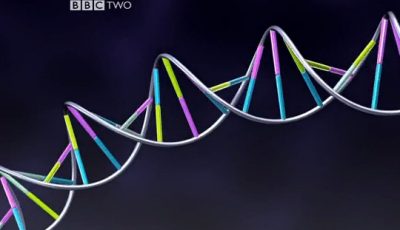
The human genome | i-Science
The human genome | i-Science
Whether genetic technology causes social harms is really up to us and how we choose to use it.
More resources about Science
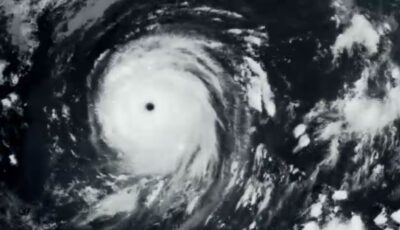
How hurricanes are formed by Earth's rotation | Learning Zone
How hurricanes are formed by Earth's rotation | Learning Zone
Physicist Helen Czerski explains that hurricanes happen because the earth is rotating. She shows how, because t...
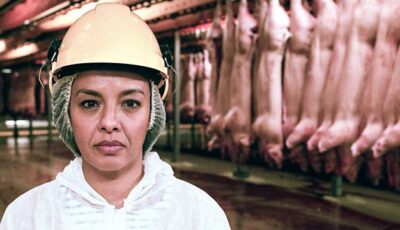
Meat: A Threat to Our Planet?
Meat: A Threat to Our Planet?
From colossal farms in America to the destruction of the Amazon, Liz Bonnin investigates how our hunger for meat is killing our planet.
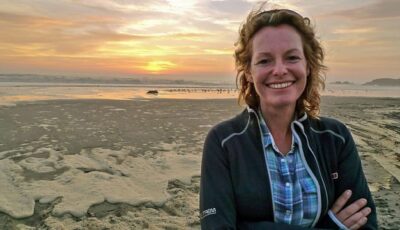
Orbit: Earth's Extraordinary Journey
Orbit: Earth's Extraordinary Journey
Kate Humble and Dr Helen Czerski follow the Earth's voyage around the sun for one complete orbit, travelling first from July to the Dece...
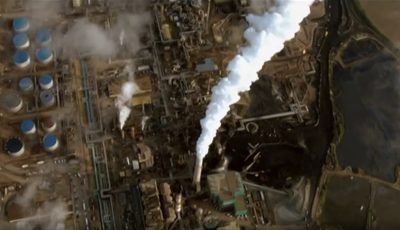
Greenhouse Gases | Climate Change: The Facts
Greenhouse Gases | Climate Change: The Facts
A discussion of the devastating impact of burning fossil fuels.
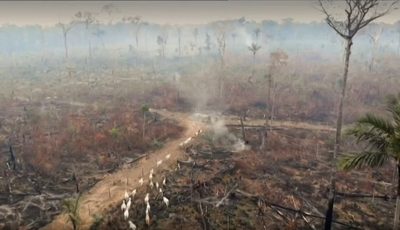
Amazon deforestation | Meat: A Threat to Our Planet?
Amazon deforestation | Meat: A Threat to Our Planet?
Liz Bonnin witnesses the devastation of the Amazon rainforest from the sky.
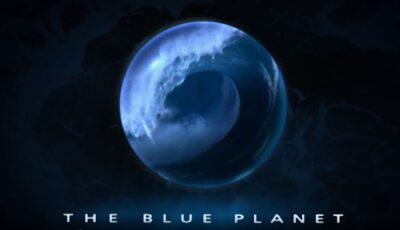
The Blue Planet
The Blue Planet
David Attenborough narrates a natural history of the oceans. We travel to the depths of the seas to reveal a spectacular variety of life, some never filmed b...
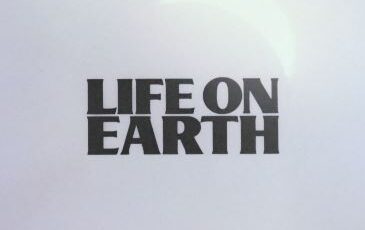
9: The Rise Of The Mammals | Life On Earth
9: The Rise Of The Mammals | Life On Earth
Mammals have proved to be one of the most adaptable products of evolution. David Attenborough looks at their evolution from reptil...
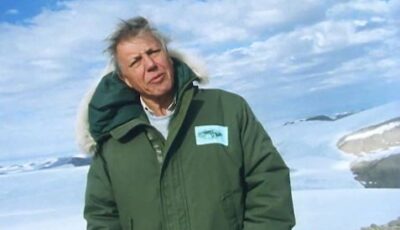
Plants in cold environments | The Private Life of Plants
Plants in cold environments | The Private Life of Plants
David Attenborough describes how certain plant species adapt to cold weather.
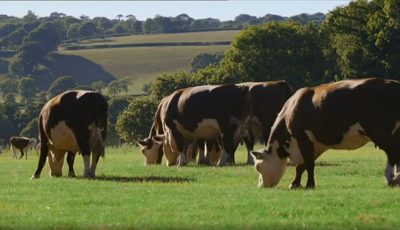
Sustainable meat production | Meat: A Threat to Our Planet?
Sustainable meat production | Meat: A Threat to Our Planet?
Liz Bonnin discusses the importance of understanding the process behind the meat we eat (warning: this clip conta...
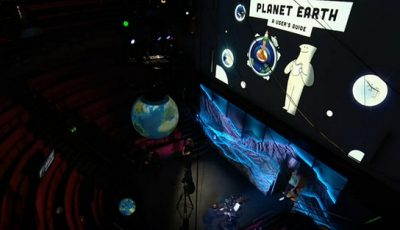
The carbon cycle and global warming | Royal Institution Christmas Lectures
The carbon cycle and global warming | Royal Institution Christmas Lectures
The carbon cycle process is being overwhelmed by the amount of carbon dioxide released into the at...
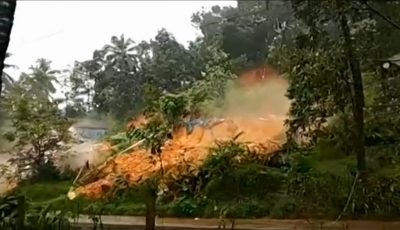
Biodiversity loss | Extinction: The Facts
Biodiversity loss | Extinction: The Facts
An exploration of the devastating impacts of the loss of insect and plant biodiversity.
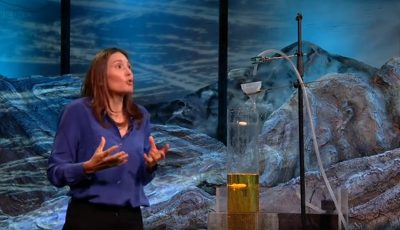
Carbon in the ocean | Royal Institution Christmas Lectures
Carbon in the ocean | Royal Institution Christmas Lectures
Dr Helen Czerski explains how carbon is incorporated into the ocean and how the increase in carbon intake is impac...
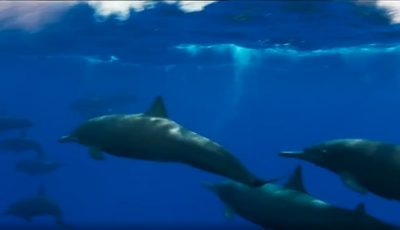
The boiling sea | Blue Planet II
The boiling sea | Blue Planet II
Lantern fish provide a rare banquet for some of the ocean’s top predators.
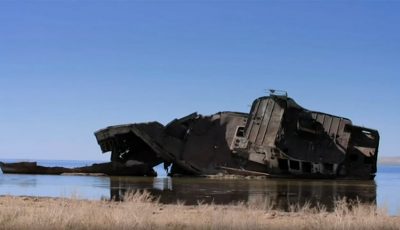
Cotton production and the Aral Sea crisis | Stacey Dooley
Cotton production and the Aral Sea crisis | Stacey Dooley
Stacey Dooley visits the Aral Sea Basin in Kazakhstan, which has almost entirely dried up due to cotton production.
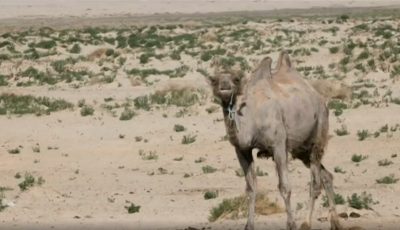
Environmental impact on the Aral Sea | Stacey Dooley
Environmental impact on the Aral Sea | Stacey Dooley
Stacey Dooley visits the Aral Sea Basin in Kazakhstan, which has almost entirely dried up due to cotton production.
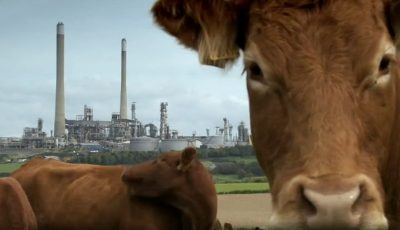
Fossil fuels behind every day food | Natural World
Fossil fuels behind every day food | Natural World
Rebecca Hosking goes through the fossil fuels involved in creating a shop bought sandwich.
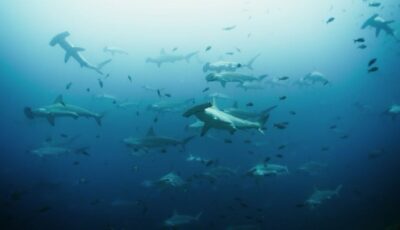
Importance of marine protected areas | A Perfect Planet
Importance of marine protected areas | A Perfect Planet
Spec references J247: B6.1b, B6.1c, B6.1d J250: B6.1b, B6.1c. How an increase of carbon dioxide and overfishing impac...
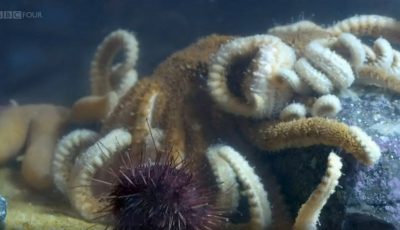
Life in icy environments | The Secret Life of Ice
Life in icy environments | The Secret Life of Ice
Dr Gabrielle Walker investigates how life has evolved in icy underwater environments.
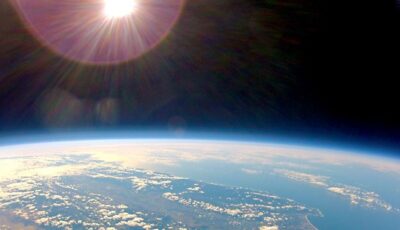
Orbit: Earth's Extraordinary Journey | Learning Zone
Orbit: Earth's Extraordinary Journey | Learning Zone
Kate Humble and Dr Helen Czerski follow the Earth's voyage around the sun for one complete orbit, to witness the astonis...
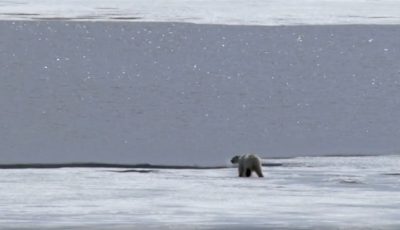
Polar bears' habitat under threat from glacial melt | Planet Earth
Polar bears' habitat under threat from glacial melt | Planet Earth
David Attenborough discusses the effects on polar bears of melting Arctic ice caused by global warming.
